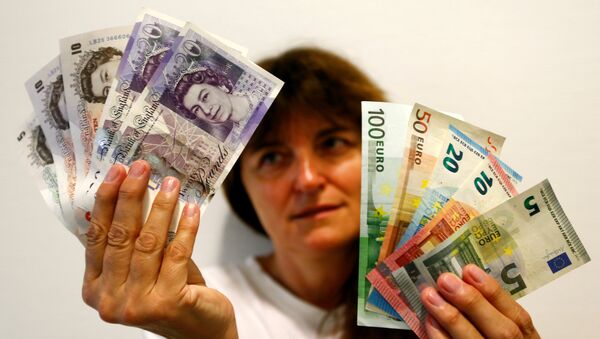"[IMF Board of] Directors noted that risks to the outlook are tilted to the downside, including weaker growth in Germany’s trading partners, and heightened uncertainty following the outcome of the referendum on the UK membership in the European Union," the report stated on Wednesday.
The IMF noted, however, that Germany’s GDP is likely to grow by 1.7 percent in 2016 and 1.5 percent in 2017.
"Refugee-related spending should reach ½ percent of GDP per year in 2016 and 2017, although there is uncertainty around this estimate," the report added.
On June 23, 51.9 percent of UK voters decided in a referendum to leave the European Union. The Brexit decision caused turbulence in the financial markets, a drop in the UK stock indices and devaluation of the pound sterling.
On Monday, the IMF said Brexit will likely result in disruption of trade and financial flows.




